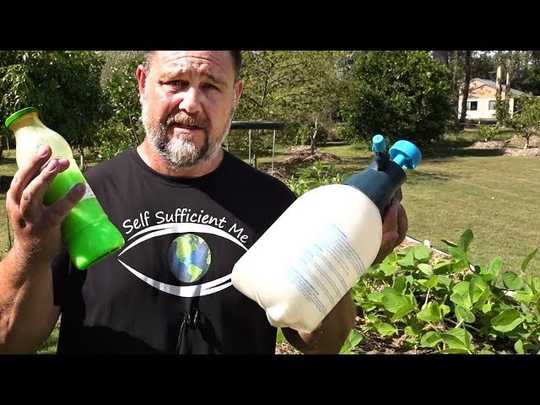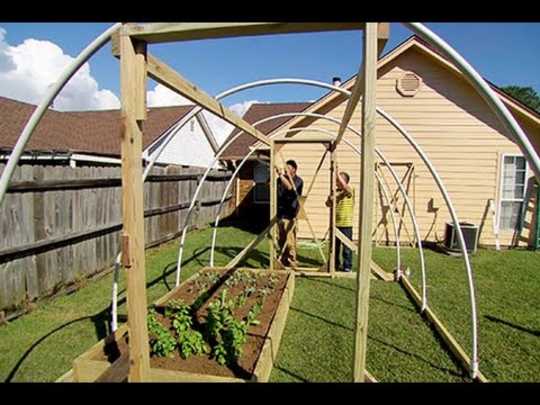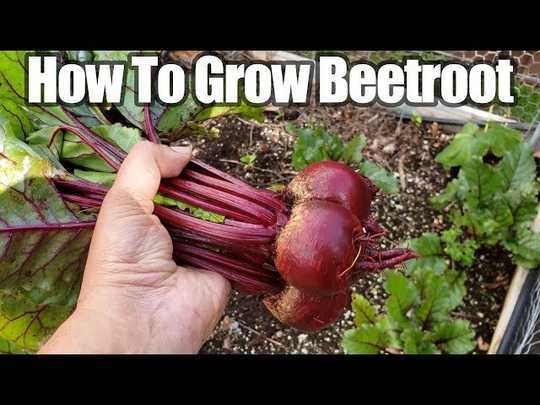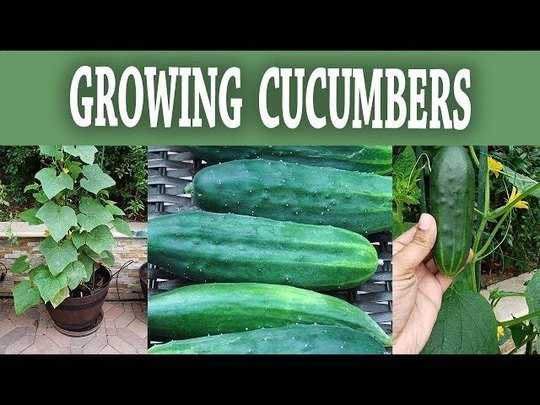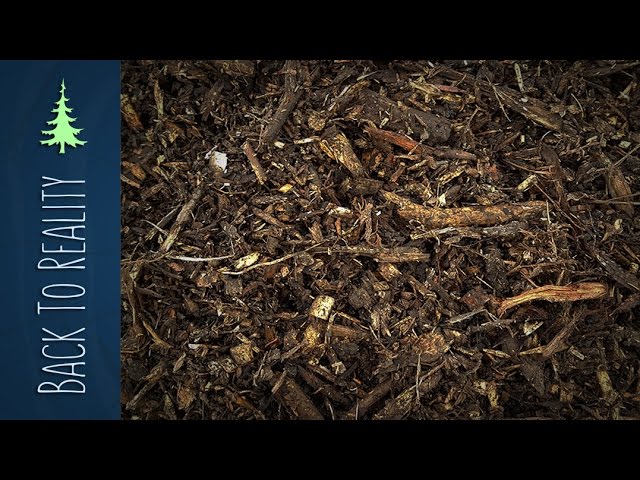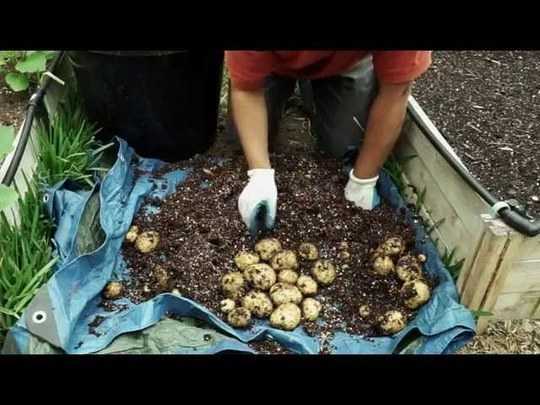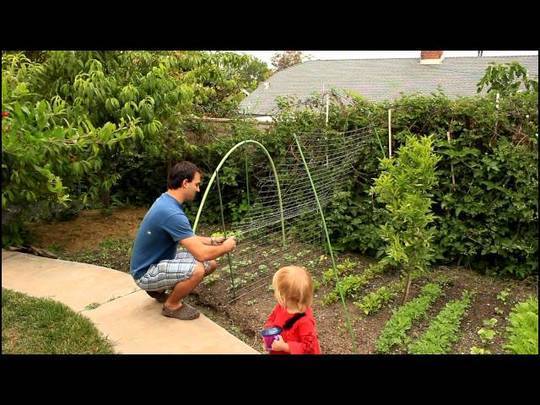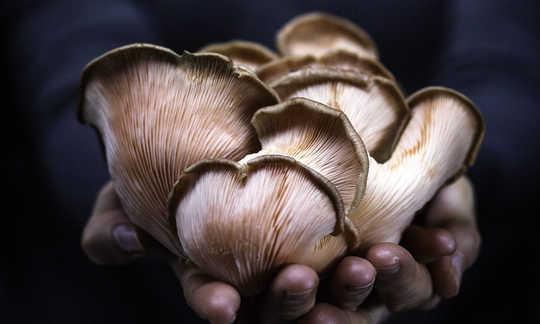
An Indigenous-led organization in New Mexico is using fungus in an attempt to remove chemicals from soil.
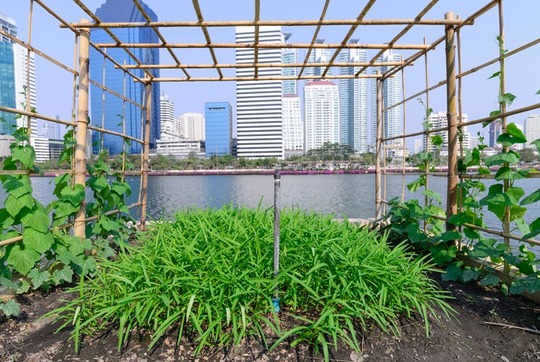 Climate change is underway, and human activities such as urbanisation, industrialisation and food production are key contributors.
Climate change is underway, and human activities such as urbanisation, industrialisation and food production are key contributors.
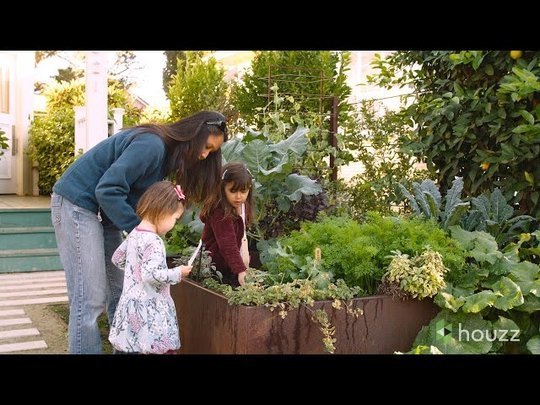
- By HouzzTV
Elaine Uang and Mike Greenfield knew they wanted an edible garden, and they maximized their space
 When we broke ground for a garden at our 80-year-old house in the middle of Seattle, we took the most obvious thing for granted.
When we broke ground for a garden at our 80-year-old house in the middle of Seattle, we took the most obvious thing for granted.
 The opportunity to connect to Earth and her gifts in modern times is often waved away as a childish fantasy or an outdated practice, yet the impact of this disconnect is creating huge problems in our environment and mental health. To those who wave away our connectedness with Earth as a fantasy, I offer you an alternative way to consider these practices.
The opportunity to connect to Earth and her gifts in modern times is often waved away as a childish fantasy or an outdated practice, yet the impact of this disconnect is creating huge problems in our environment and mental health. To those who wave away our connectedness with Earth as a fantasy, I offer you an alternative way to consider these practices.
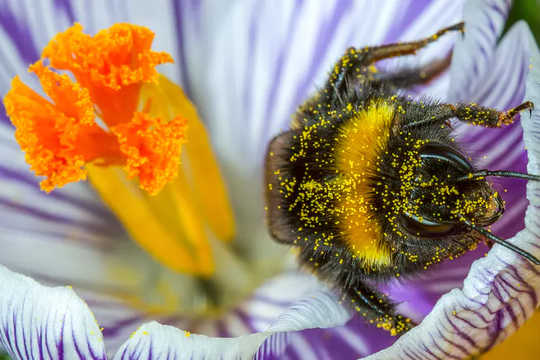
Planting more flowers is a great idea – but it is difficult to predict which flowers different insects will use the most, and whether enough flowers are being provided for them.
- By Paula Kover
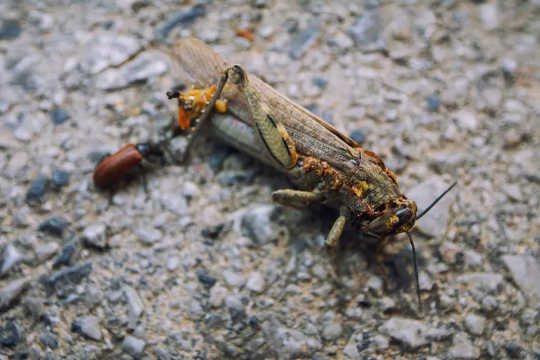
Are we facing insect Armageddon? A recent study found that German nature reserves have seen a 75% reduction in flying insects over the last 27 years.
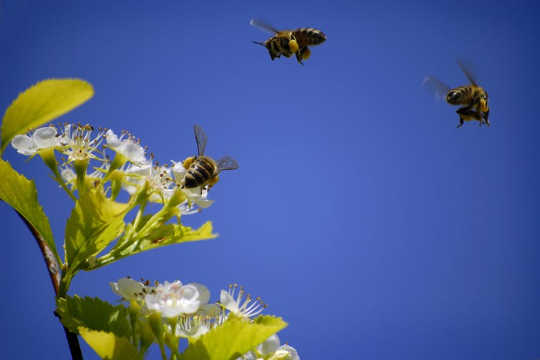
When it comes to making decisions, most of us are influenced to some degree by other people, whether that’s choosing a restaurant or a political candidate.
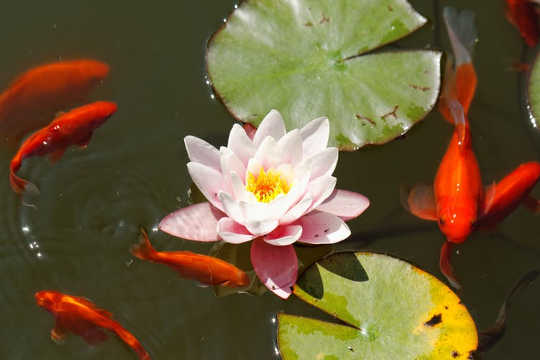
Ponds are taken for granted. Perhaps it’s because most of us have seen them – and on occasion, fallen into them – and think they’re only good for goldfish.

